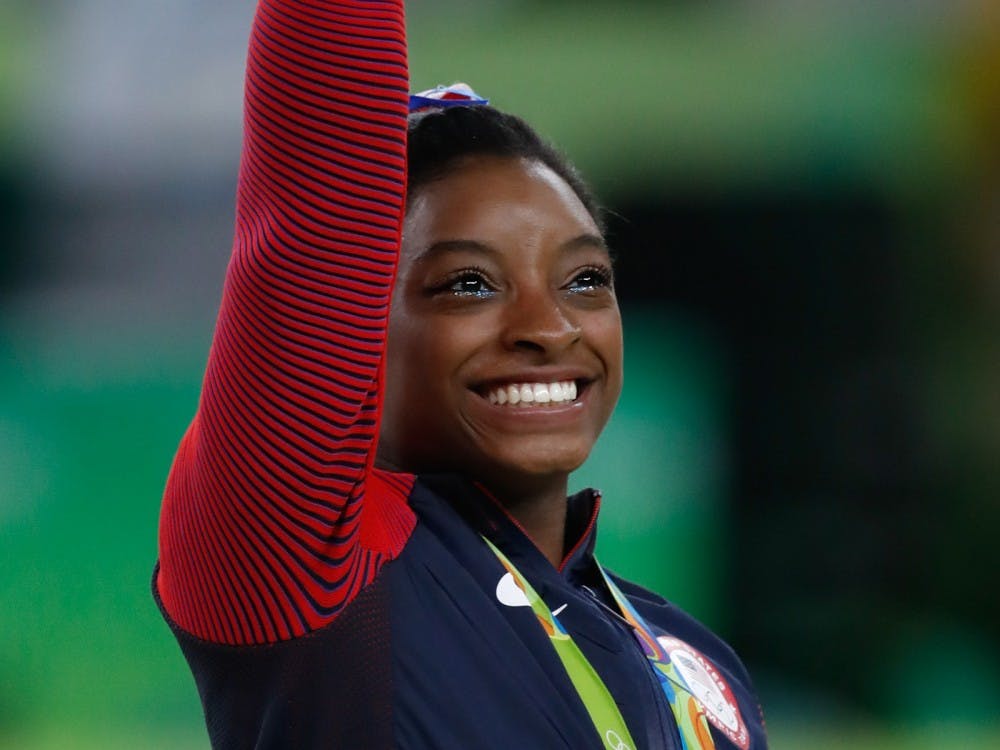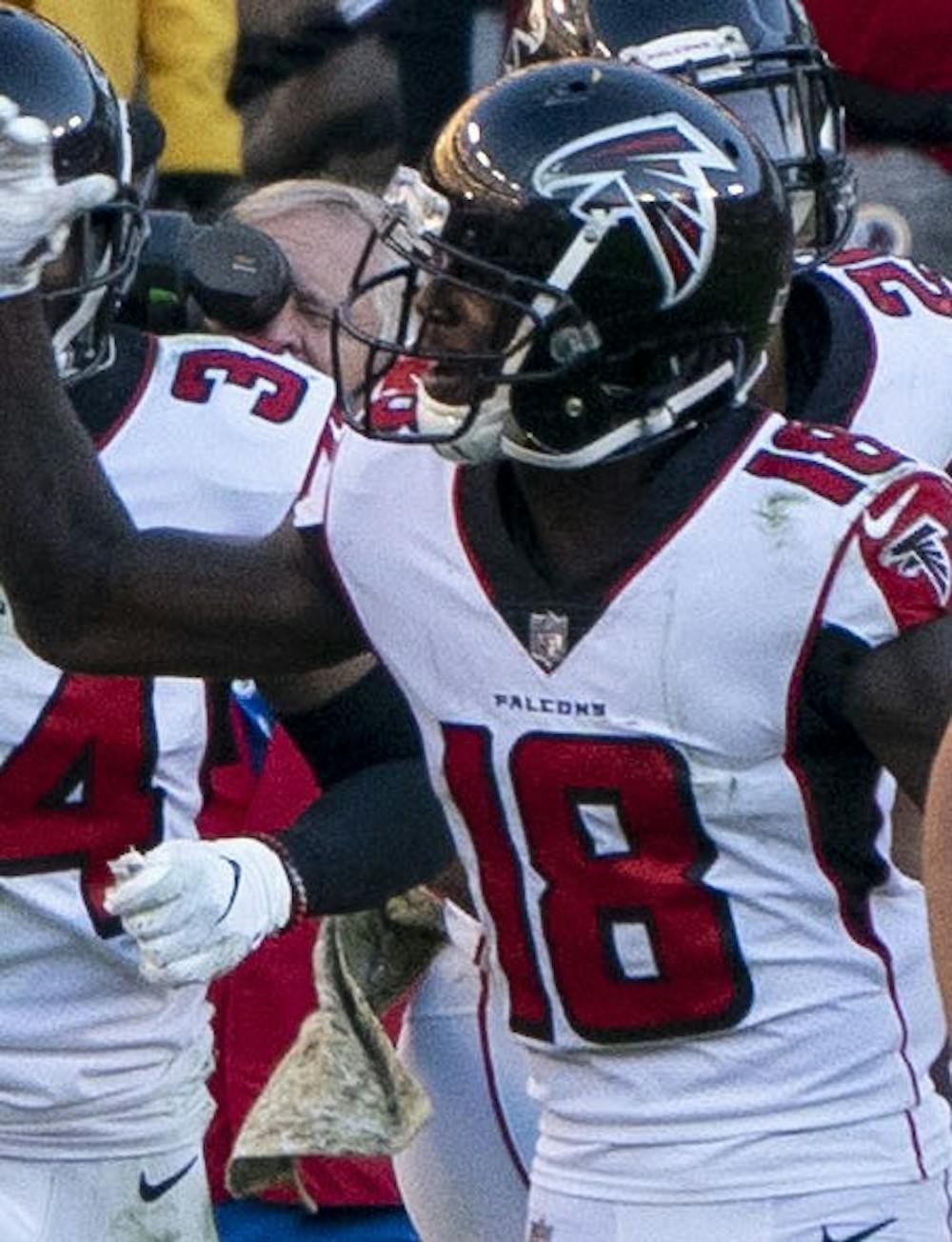Derran Cobb is a freshman journalism and telecommunications major and writes for the The Daily News. His views do not necessarily reflect those of the newspaper.
Professional athletes are judged for every move they make. There is a reaction to every play, comment and decision they make.
Athletes are continually asked to put their mental health on hold.
Atlanta Falcons wide receiver Calvin Ridley became the latest athlete to take a step back to focus on their mental health.
In a tweet Oct. 31, Ridley admitted how challenging, but necessary, it was for him to step away from football and focus on himself.
“These past few weeks have been very challenging and as much as I’d like to be on the field competing with my teammates, I need to step away from football at this time and focus on my mental wellbeing.” Ridley said. “This will help me be the best version of myself now and in the future.”
Ridley, the 26th overall pick in the 2018 National Football League (NFL) Draft, was inactive in the prior two games due to personal reasons.
After the announcement, New Orleans Saints wide receiver Michael Thomas echoed support for Ridley in this tweet.
While many fans understand the importance of mental health and support the decision, there are people who make jokes and express anger towards Ridley and other athletes taking time away.
Many fans left social media comments basing Ridley, saying he’s soft. A user even tweeted 'should’ve told me this prior to me picking you up on my fantasy squad.'
Ridley is not the first athlete to stand up for this cause. His teammate, tight end Hayden Hurst, spoke out as an advocate for mental health prior to the 2020-21 season.
Hurst let fans know about his past struggles with his mental health, which cultivated in heavy drug and alcohol use, and even a suicide attempt. Hurst uses his experiences to teach the youth that it is normal to open up about their problems.

Simone Biles at the Rio Olympics in 2016. Biles dropped out of the competition at the 2021 Tokyo Olympics, but returned to compete on the balance beam and won bronze. Photo courtesy of Wikimedia
“It’s just crazy how it all works, because you sit there and you’re thinking to yourself, ‘Oh, I don't want to open up and tell them what's going on because they are going to be disappointed, they are going to be embarrassed,’ Hurst said. “It’s actually the exact opposite.”
Chris Simon, the founder of BTST services, spoke about Hurst’s story and said people never realize what athletes go through.
"People like to go to games and support these athletes, but never think about the pressure that they have to deal with on a daily basis,” Simon said. “And how those pressures impact their lives and their mental health."
Another notable athlete to speak up was Olympic gold medalist Simone Biles.
During the 2020 Tokyo Summer Olympics, Biles withdrew from the team finals citing her mental health after her Aunt passed away Aug 1. She felt she was not in the right mental space to compete and was holding her teammates back.
"We had to work out this morning and it went okay,” Biles said. “And then that five and a half hour wait or something, I was just like, shaking, [and I] could barely nap. I just never felt like this at this point in a competition before. Once I came out I was like, no, mental is not there.”
Similar to Ridley, Biles faced backlash after withdrawing from olympic competition. Several fans left comments on social media telling her she let her country down, and she was selfish and privileged.
Fans need to realize athletes go through everyday struggles and mental blocks just like everyone else. They are allowed to express their feelings and speak up. Almost every time an athlete sidelines themselves, there are ‘fans’ who call them soft, which I think is unacceptable.
Athletes are humans too, and everyone needs a break.
Contact Derran Cobb with comments at derran.cobb@bsu.edu or on Twitter @Derran_cobb.





